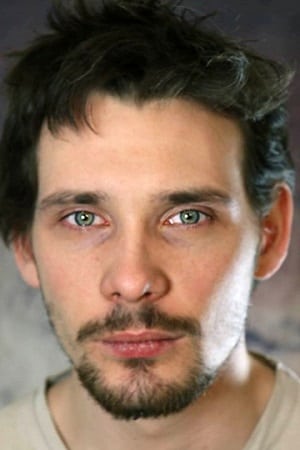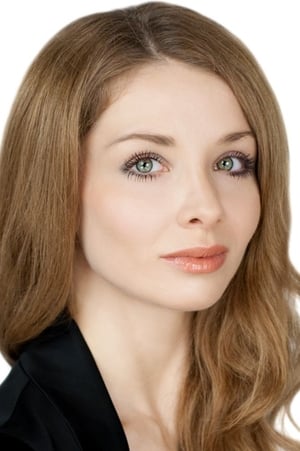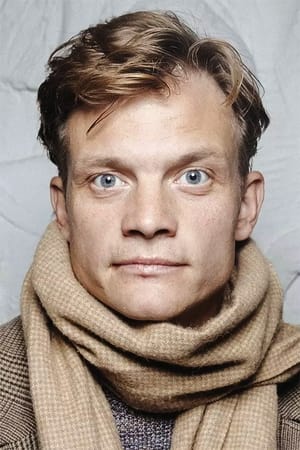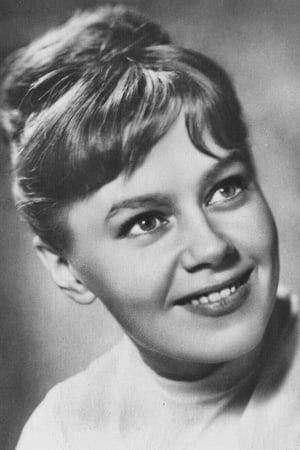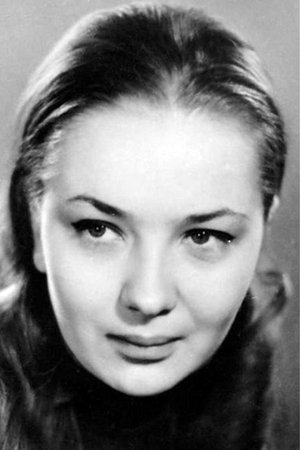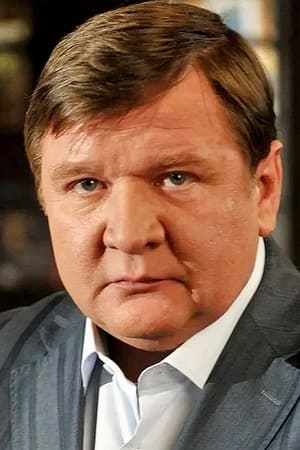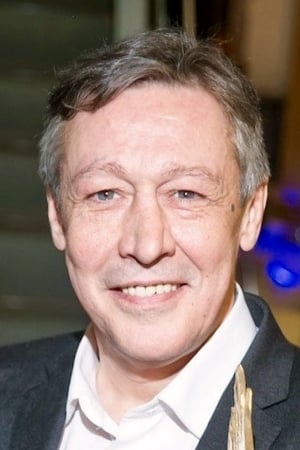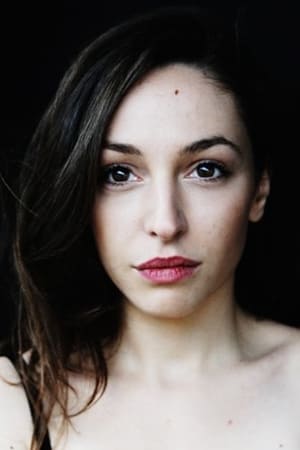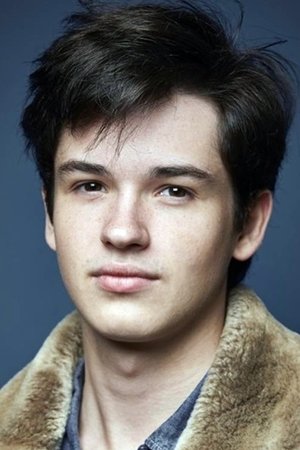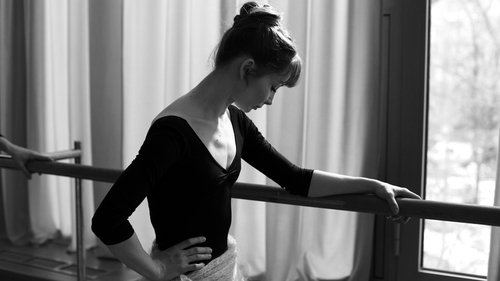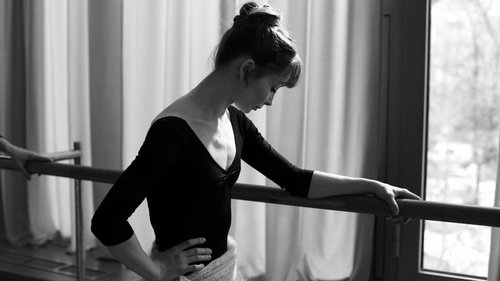
Danybur
8
|
jun. 23, 2021
(Español / English)
El encuentro de un joven estudiante comunista francés con el socialismo real de Jruschov / The encounter of a young French communist student with Khrushchev's real socialism
Sumario
Notable film que describe la Rusia de Jruschov desde la mirada de un estudiante francés de literatura rusa. Un fresco con la efervescencia juvenil en el incipiente deshielo que se vivía confrontada con el mundo más oscuro de los sobrevivientes del estalinismo, en un juego de contrastes resaltado inteligentemente por la puesta en escena.
En realidad, una mirada rusa, ubicada muy lejos de los esquematismos de Occidente.
Reseña
Pierre Duran (Anton Rival) es un estudiante francés comunista, de madre francesa, que concurre a Moscú en 1957 a realizar en su Universidad un posgrado sobre literatura rusa e indagar sobre el destino y el paradero de un familiar ruso detenido durante el estalinismo.
Pierre se involucra con la bailarina Kira Galkina (Evguenia Obrastzova, una Gina Lollobrigida rusa) y el fotógrafo Valeriy Uspenskiy (Evgeniy Tkachuk), integrantes del ambiente juvenil incipientemente disidente de la Rusia que comienza a experimentar el deshielo de la era del premier Nikita Jruschov, quien sucediera en el poder nada menos que a Stalin. La “desestalinización” que emprendió comenzó a relajar moderadamente ciertos controles y la vigilancia interna, mientras ciertas actividades y productos culturales semiclandestinos entraban en el ambiguo y aún peligroso y movedizo terreno de lo “no permitido, pero tampoco prohibido”. De todos modos, la disidencia política (y los movimientos de los extranjeros) seguía vigilada de cerca y sancionada.
El director Andrey Smirnov plantea un inteligente juego de opuestos, principalmente entre generaciones y, en menor medida, entre el (euro)comunismo del protagonista y el llamado socialismo real con el que se encuentra, contrastes realzados por varios elementos de la puesta en escena. La película retrata muy bien este contraste entre esa juventud efervescente y los miembros de la generación de sus padres, con alguno de los cuales (incluidos familiares lejanos) Pierre se entrevista para averiguar el paradero de su pariente ruso, detenido por razones políticas en los años 30. Estas personas, algunas intelectuales, aparecen, en general, como tristes, derrotadas y escépticas, constituyendo una muestra de cómo muchos rusos contaban en esa época con la tremenda carga de la guerra y de un pasado de detenidos políticos: una vida de sobrevivientes. Por otro lado, aparecen otros estamentos que son parte activa del régimen o están adaptados al mismo.
La fotografía en blanco y negro de la película de Andrey Smirnov refuerza la escrupulosa e inmersiva reconstrucción de época, dotándoles de un aire nouvelle vague a las escenas protagonizadas por los jóvenes, aire que se desvanece y se torna profundamente ruso cuando aparecen los personajes maduros, resaltando el contraste de estilos señalado más arriba. A ciertas escenas (particularmente en una particular y acertadamente meditada), el plano fijo y los interiores les imponen una impronta teatral, una dinámica de reposo frente a las escenas con los jóvenes donde priman el movimiento y, a veces, los exteriores.
Acorde con lo señalado arriba, es de destacar la marcación de las actuaciones, deliberadamente más naturalistas en el caso de los actores maduros y algo más melodramáticas en el caso de los más jóvenes, comenzando con la muy buena interpretación de Anton Rival, quien termina sintetizando ambos estilos.
En suma, un interesante juego de opuestos entre generaciones de jóvenes y de viejos y entre el incipiente eurocomunismo y el socialismo real, desde una mirada rusa (la del director) lejos de los esquematismos de Occidente.
Summary
Remarkable film that describes Khrushchev's Russia from the point of view of a French student of Russian literature. A fresco with the youthful effervescence in the incipient thaw that was lived in confrontation with the darker world of the survivors of Stalinism, in a game of contrasts highlighted even by elements of the staging.
Actually, a Russian look, located far from the schematics of the West.
Review
Pierre Duran (Anton Rival) is a French communist student, with a French mother, who went to Moscow in 1957 to undertake a postgraduate course on Russian literature at its University and inquire about the fate and whereabouts of a Russian relative detained during Stalinism.
Pierre becomes involved with dancer Kira Galkina (Evguenia Obrastzova, a Russian Gina Lollobrigida) and photographer Valeriy Uspenskiy (Evgeniy Tkachuk), members of Russia's incipiently dissident youth scene that begins to experience the thaw of the era of Premier Nikita Khrushchev, whoever succeeded in power none other than Stalin. The "de-Stalinization" that he undertook began to moderately relax certain controls and internal vigilance, while certain semi-clandestine cultural activities and products entered the ambiguous and still dangerous and shifting terrain of the "not allowed, but also not prohibited." Regardless, political dissent (and movements of foreigners) remained closely watched and sanctioned.
Director Andrey Smirnov proposes an intelligent game of opposites, mainly between generations and, to a lesser extent, between the protagonist's (Euro) communism and the so-called real socialism he encounters, contrasts enhanced by various elements of the staging. The film portrays very well these contrast between this effervescent youth and the members of his parents' generation, with some of whom (including distant relatives) Pierre meets to find out the whereabouts of his Russian relative, detained for political reasons over the years 30. These people, some intellectuals, appear, in general, as sad, defeated and skeptical, constituting an example of how many Russians at that time had the tremendous burden of war and a past of political detainees: a life of survivors . On the other hand, other classes appear that are an active part of the regime or are adapted to it.
The black and white photography of Andrey Smirnov's film reinforces the scrupulous and immersive reconstruction of the period, giving the scenes starring young people a nouvelle vague air that fades and becomes deeply Russian when the mature characters appear. highlighting the contrast of styles noted above. In certain scenes (particularly in a particular and correctly meditated one), the fixed plane and the interiors impose a theatrical imprint on them, a dynamic of rest in front of the scenes with young people where movement and, sometimes, exteriors prevail.
In accordance with the above, it is worth highlighting the marking of the performances, deliberately more naturalistic in the case of mature actors and somewhat more melodramatic in the case of younger ones, starting with the very good performance of Anton Rival, who ends up synthesizing both styles.
In short, an interesting game of opposites between generations of young and old and between the incipient Eurocommunism and real socialism, from a Russian perspective (that of the director) far from the schematics of the West.

